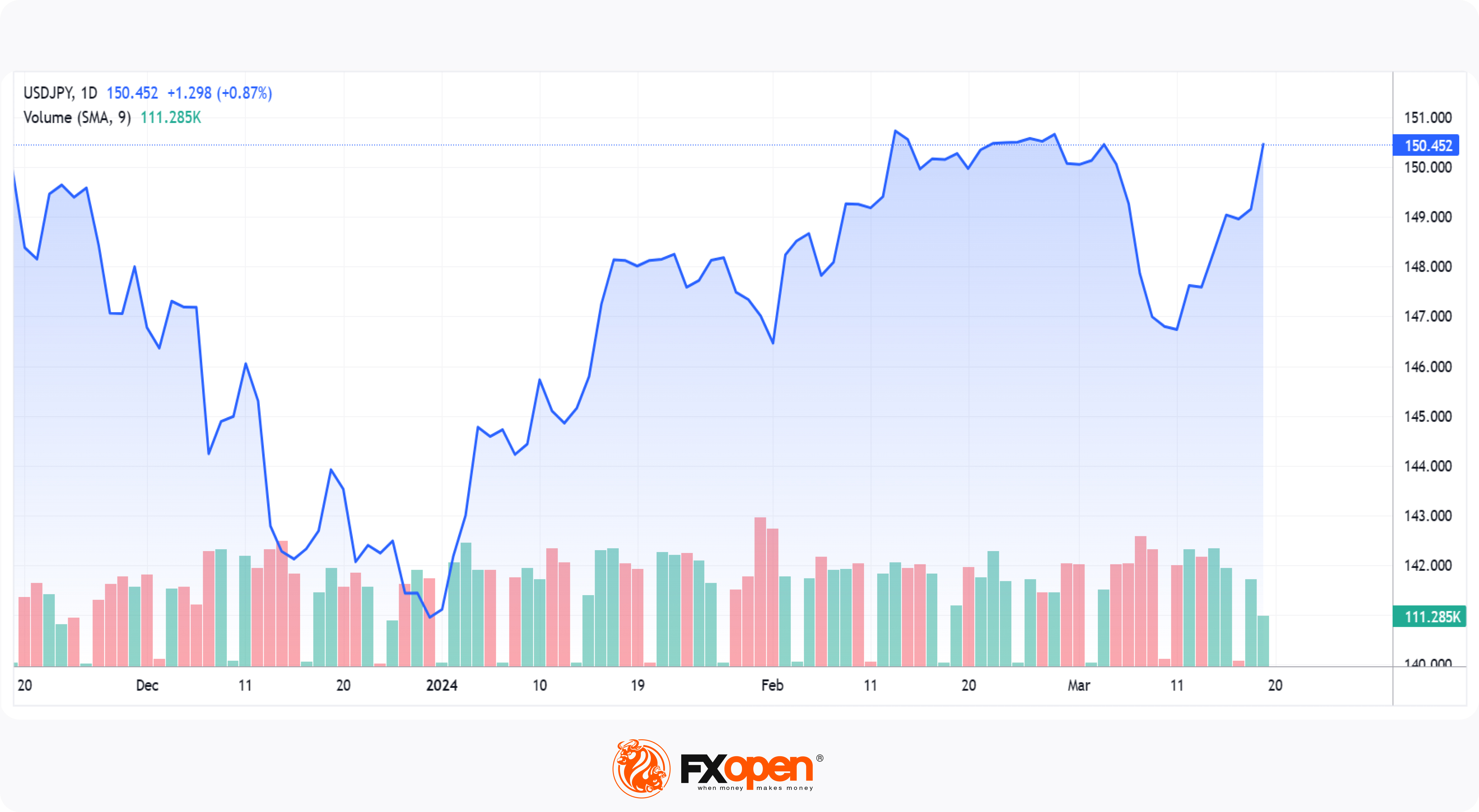With the passage of eight years, Japan’s Bank of Japan (BOJ) has bid adieu to its experimental negative interest rate policy, marking the end of a daring yet contentious economic manoeuvre aimed at revitalising Japan’s stagnant economy.
Initiated in 2016, the negative interest rate policy sought to incentivize spending in an economy grappling with prolonged stagnation. By keeping interest rates artificially low, the BOJ aimed to stimulate borrowing and expenditure, thereby fostering economic growth.
Despite the BOJ’s efforts, Japan’s economic landscape remained fraught with challenges. The country’s demographic shift, characterised by an ageing population and a conservative younger generation, posed formidable obstacles to economic rejuvenation.
Critics argue that the negative interest rate policy failed to deliver tangible results, with Japan’s economy showing little signs of substantial growth even six months after its implementation. Some assessments even dub Japan’s attempts at economic stimulus over the past 25 years as unsuccessful.
In a landmark decision, the BOJ has now opted to revert to standard market rates, signalling the conclusion of its eight-year experiment. This policy shift has triggered notable movements in currency markets, particularly evident in the surge of the US Dollar against the Japanese Yen during today’s Asian trading session.
The USDJPY pair now stands at 150.424 Yen to the US Dollar, reclaiming its position at the beginning of March. Following a brief period of Yen strength earlier in the month, the US Dollar has regained momentum, catapulting upwards against the Yen, culminating in significant gains today.
In tandem with the policy shift, the BOJ has implemented its first rate hike since 2007, setting the short-term interest rate between 0 and 0.1%. While seemingly nominal, this move signals a departure from the negative interest rate paradigm, potentially impacting loan servicing costs and wages.
The ramifications of these developments reverberate throughout currency markets, introducing renewed volatility to an already unstable Yen. As Japan charts a new course in its monetary policy landscape, the implications for its economy and global financial markets remain to be seen.
FXOpen offers spreads from 0.0 pips and commissions from $1.50 per lot. Enjoy trading on MT4, MT5, TickTrader or TradingView trading platforms!
This article represents the opinion of the Companies operating under the FXOpen brand only. It is not to be construed as an offer, solicitation, or recommendation with respect to products and services provided by the Companies operating under the FXOpen brand, nor is it to be considered financial advice.
Disclaimer: The subject matter and the content of this article are solely the views of the author. FinanceFeeds does not bear any legal responsibility for the content of this article and they do not reflect the viewpoint of FinanceFeeds or its editorial staff.













